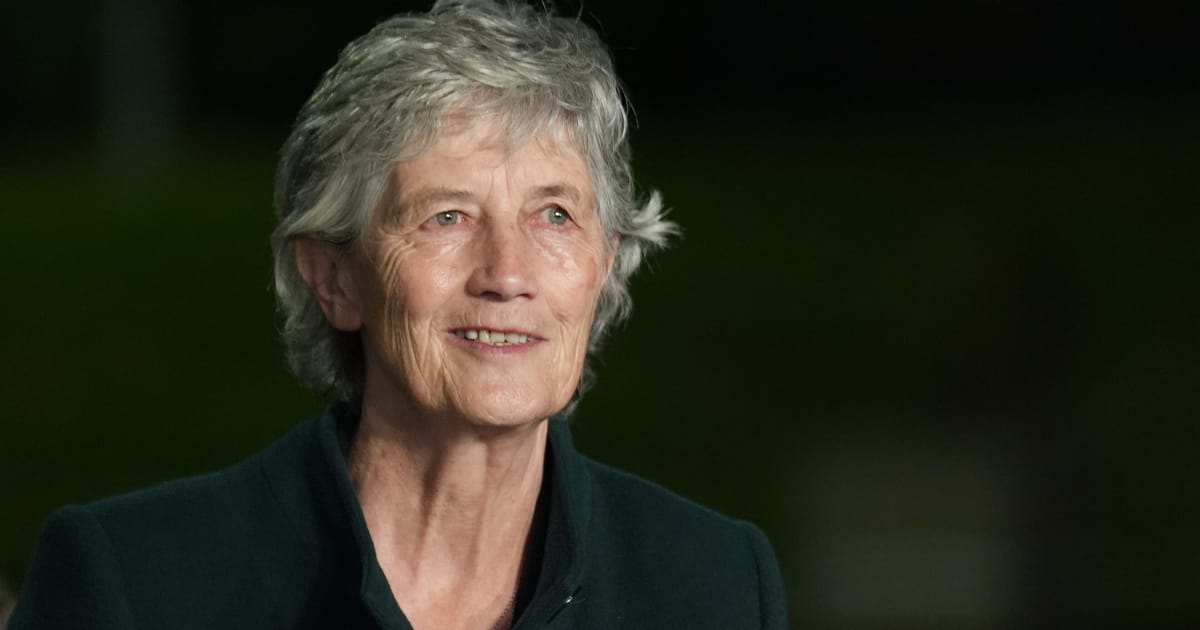A Connolly victory shouldn’t be a surprise, given how Ireland’s presidency has evolved in the public mind since civil rights lawyer Mary Robinson’s trailblazing win in 1990.
Once a sinecure for senior statesmen backed by the dominant Fianna Fáil party, Robinson’s breakthrough augured in a new era of presidents coming from the opposition benches or outside political ranks. That reflects many voters’ apparent preference today for a presidency — a largely ceremonial post with no role in day-to-day government — that can challenge the establishment and, more specifically, the current Fianna Fáil-led coalition.
Should she win, Connolly will succeed another Galway socialist, Michael D. Higgins, who spent the past two terms and 14 years expanding what the president is allowed to say and do.
Unapologetically outspoken
Like Higgins, Connolly has been outspoken in condemning Israel for its two-year war in Gaza — a certain vote-winner in a country that openly sympathizes with the Palestinians and has wretched relations with Tel Aviv.
But Connolly has gone farther, defending Hamas’ right to play a future role in any Palestinian state. That drew rebukes from Prime Minister Micheál Martin, the leader of Fianna Fáil, and Foreign Minister Simon Harris, leader of Fine Gael, the other party in Ireland’s center-right government.
It’s her NATO-critical stance on Ukraine, and opposition to wider European security moves, that could soon be generating the most awkward headlines for an Irish government caught between the state’s official neutrality and its support for EU efforts to bolster Ukraine.

